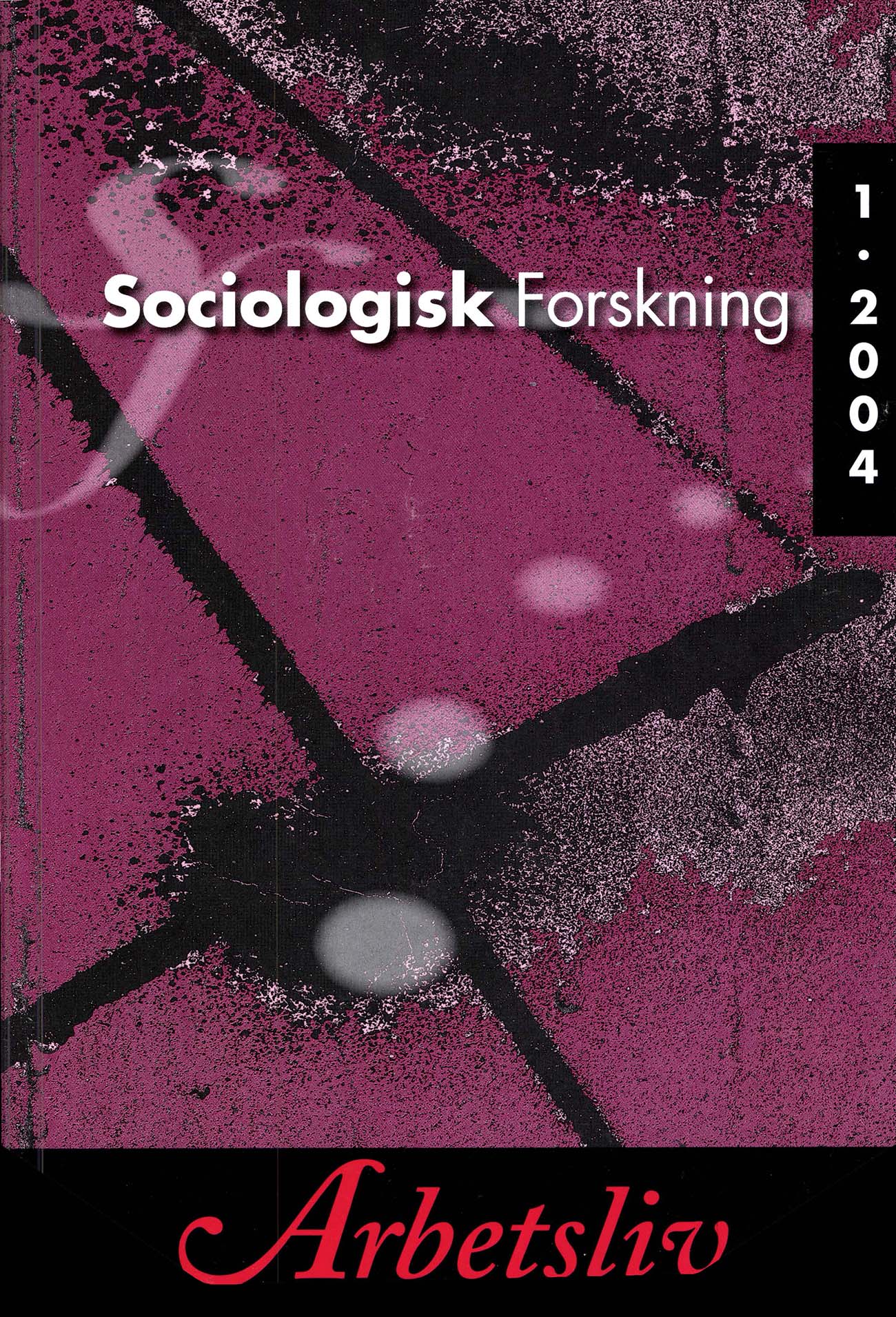Skådespelarens yrkeskunnande - en fenomenologisk studie
DOI:
https://doi.org/10.37062/sf.41.19361Keywords:
profession, competence, theatre, phenomenologyAbstract
Six theatre actors of both sexes differing in education and length of experience were interviewed individually on their professional competence. Phenomenological reduction generated six fundamental constituents of the actors’ professional competence interpreted in terms of a ”wheel model”: mastery of technical skills such as being able to control one’s voice and one’s body; daring to approach each new role with an open mind; being able to work effectively with co-actors in an ensemble; having a capacity for a high degree of empathy; being able to keep one’s professional and private life separate; doing one’s best at each performance. Each constituent was seen as contributing to the essence of an actor’s skill - the ability to make a role figure come alive. Similarities and differences compared with other professions are pointed out. The significance of daring to have an open mind, that is of encountering personal emotions, such as early experiences of emotional significance, in the “front region”, when studying a new role together with the director and with co-actors, is emphasized.
Downloads
Published
How to Cite
Issue
Section
License
All content in Sociologisk Forskning is published with immediate open access, under the Creative Commons license CC BY-NC-ND 4.0.
All content may be read, downloaded, shared and printed for non-commercial purposes, free and without fees. Contents may not be altered. When content is reused, author, source and a link to the copyright licence must be provided. The author retains copyright to their content. No publication fees are charged.





